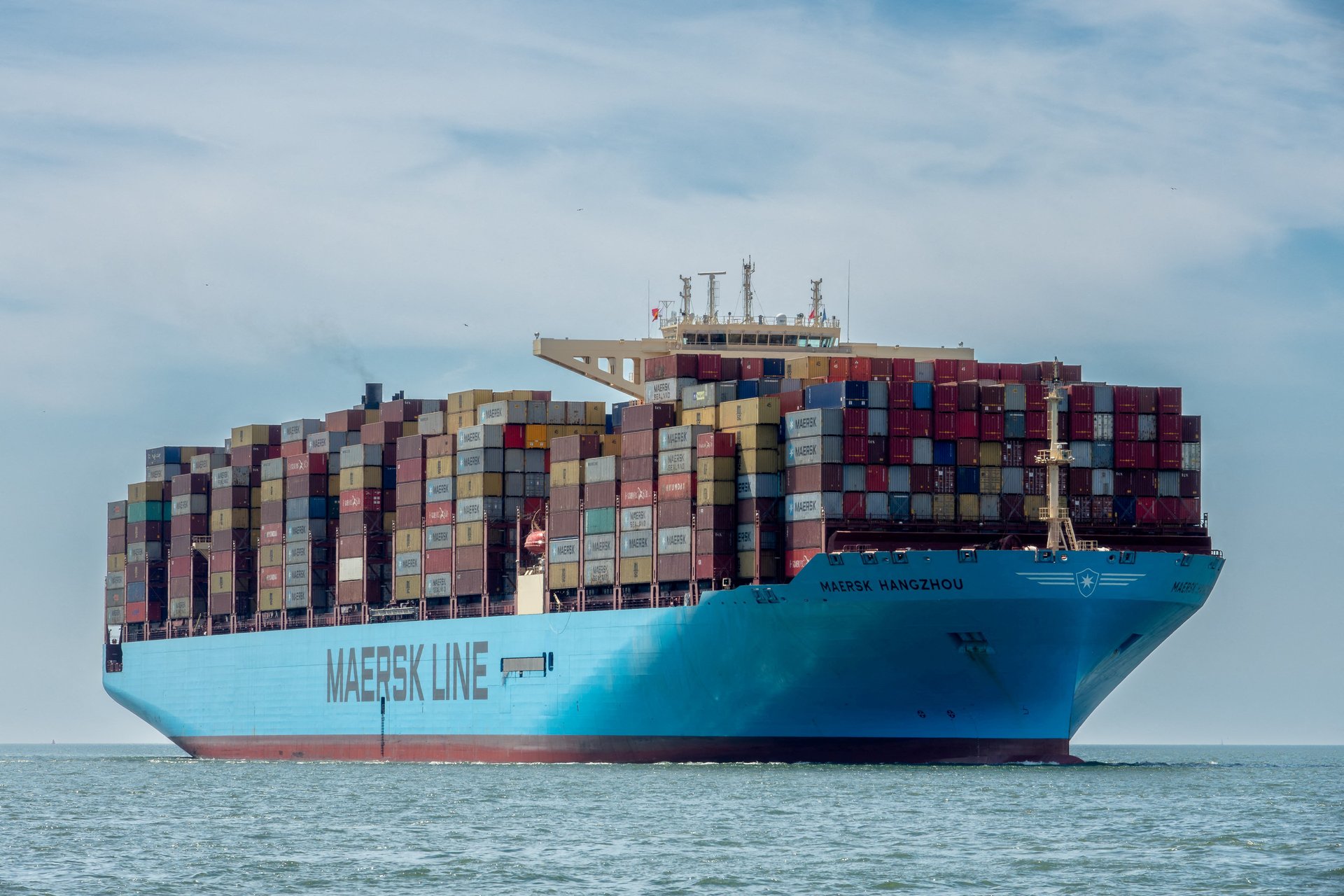🌏 Maersk is avoiding the Red Sea
Plus: China’s first homegrown cruise ship really isn’t.

Good morning, Quartz readers!
Suggested Reading
Here’s what you need to know
Maersk is pausing its shipping in the Red Sea. One of its vessels was attacked by Houthi militants over the weekend, leading one of the world’s biggest shipping giants to divert routes around the Cape of Good Hope in Africa.
Related Content
The president of Harvard University stepped down. Claudine Gay’s short tenure came to an end as the school tries to navigate a controversy over antisemitism.
Tesla delivered 1.8 million cars in 2023. That’s up 38% year over year compared to 2022, and right in line with expectations, but numbers for Cybertrucks were kept under lock and key.
Brazil’s economy improved during president Luiz Inácio Lula da Silva’s first year back. But political division and setbacks may signal a less productive future. Meanwhile, China’s economy is still struggling to improve, as factory activity slowed for a third straight month.
Visa-free travel between China and Thailand is here to stay. The countries have had the tourism-boosting policy in place since last September, and it’ll become permanent on March 1.
China’s first homegrown cruise ship really isn’t
China kicked off the new year with the maiden voyage of its first domestically built large cruise liner that’s actually only about 30% Chinese.
The 135,500-metric-ton Adora Magic City is heavily reliant on foreign technology, in much the same way that critical components and systems in China’s first domestically built passenger jet are sourced from foreign companies. In the case of Adora Magic City, the cruiseliner relies on:
🇮🇹 Italian design and interiors
🇨🇭 Swiss propulsion system
🇫🇮 Finnish automation and control systems
But the use of foreign tech in China’s first domestically built cruise ship isn’t really a “gotcha” moment. As Quartz’s Mary Hui writes, the ship’s sails are riding Beijing’s well-tested strategy of convincing foreign companies to share technology with it in exchange for access to China’s vast market—and then beating them at their own game by innovating and producing at scale and lower cost. Doing so has been key to China’s global economic prowess.
One big number: $1 trillion
Amount private equity firms have pumped into the US healthcare system in the last decade
All that money hasn’t helped patients, though, and not just in terms of costs. A new study led by researchers from Harvard Medical School found that care tends to deteriorate at hospitals after private equity firms take over. Quartz’s Ananya Bhattacharya explains why PE is so drawn to healthcare, and the negative consequences it may have on patients’ quality of care.
Surprising discoveries
A chess player was fined €100 ($111) for wearing Burberry sneakers that were deemed too “sporty.” It isn’t the first time the International Chess Federation’s dress code has been violated.
Dick Wolf is giving his fine art to the Metropolitan Museum of Art. The Law & Order creator is described as having “excellent connoisseurship.”
A vibrating diet pill is being tested in pigs. It stimulated nerves that tell the brain the stomach is full, but pigs also can’t tell us whether that feels too weird to reasonably deal with.
Cheap beer is edging out a homemade boozy banana drink in Uganda. Tonto is legendary, and authorities want to regulate it.
At the last Grammys, every single album nominated for Record of the Year had one feature in common. They all used Pro Tools. In the latest episode of the Quartz Obsession podcast, host Heather Landy talks to composer and Juilliard faculty member Nathan Prillaman about how the digital recording software revolutionized and democratized the recording industry.
Did you know we have two premium weekend emails, too? One gives you analysis on the week’s news, and one provides the best reads from Quartz and elsewhere to get your week started right. Become a member or give membership as a gift!
Our best wishes for a productive day. Send any news, comments, tonto stories, and pulsing pill stories to [email protected]. Today’s Daily Brief was brought to you by Morgan Haefner.